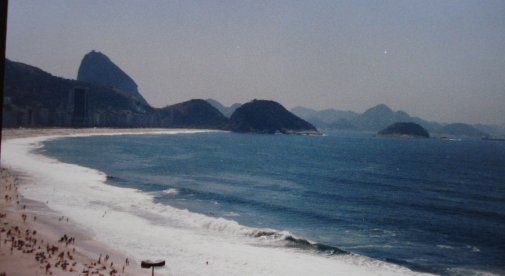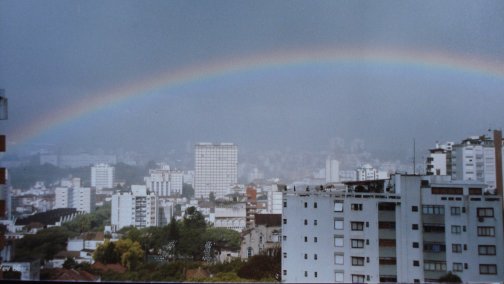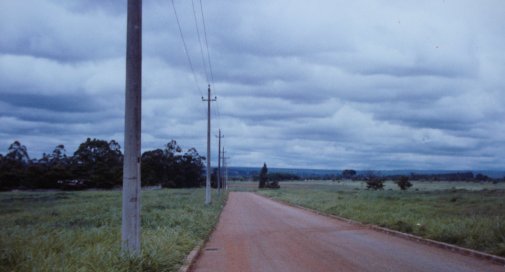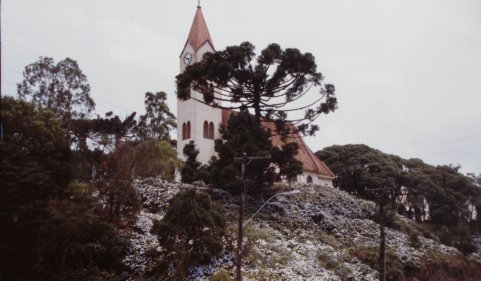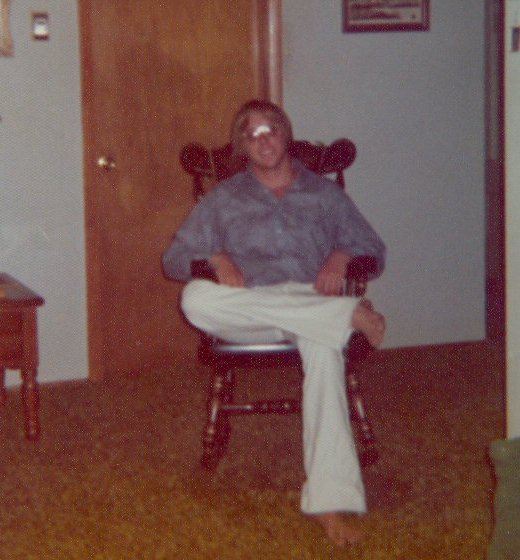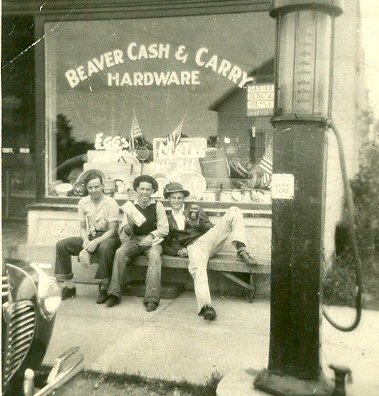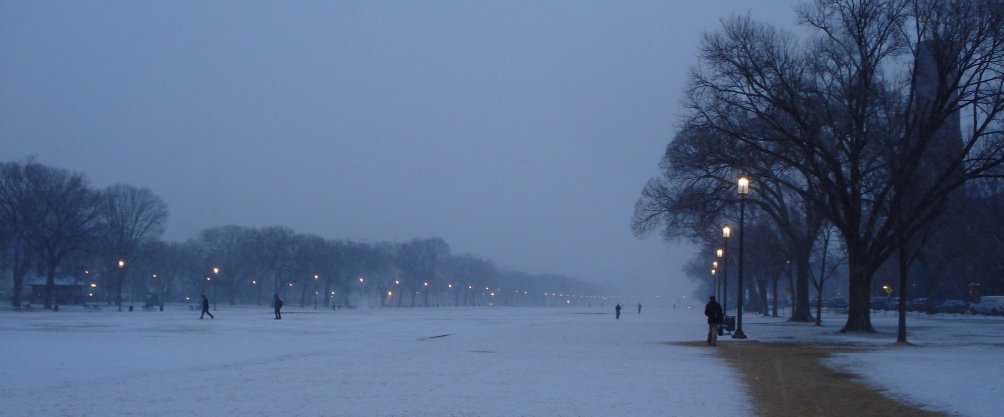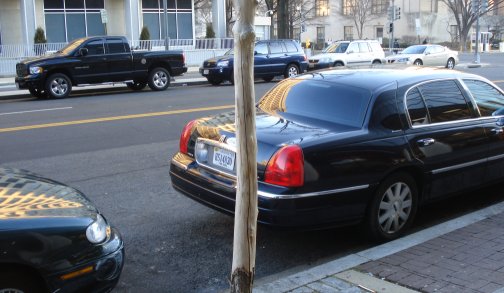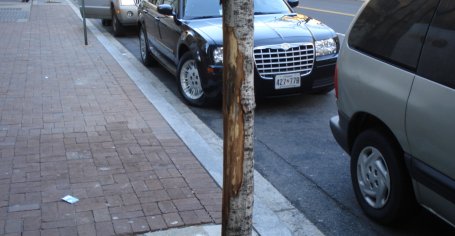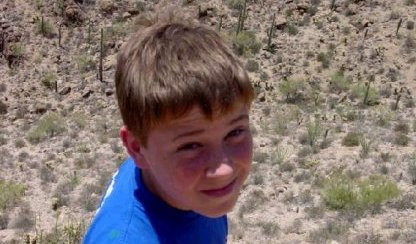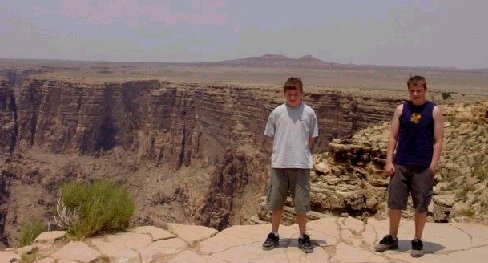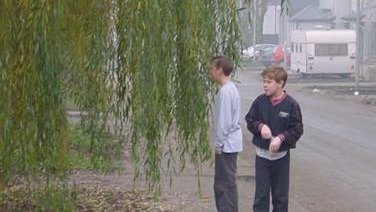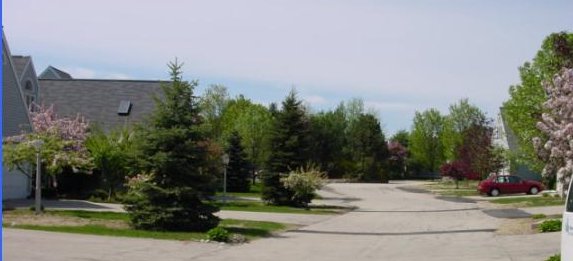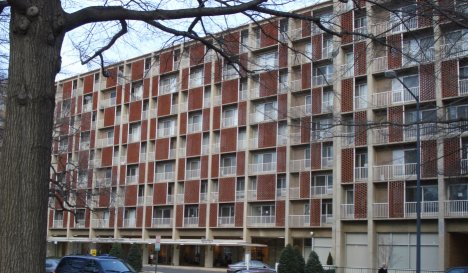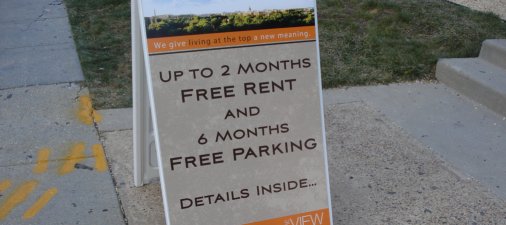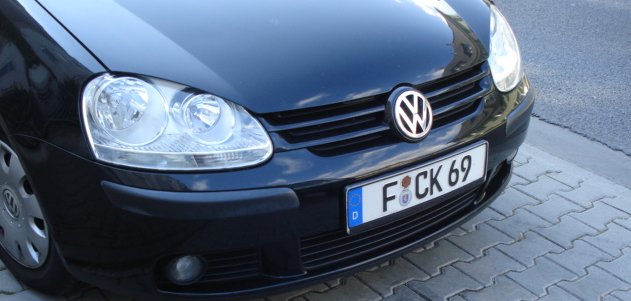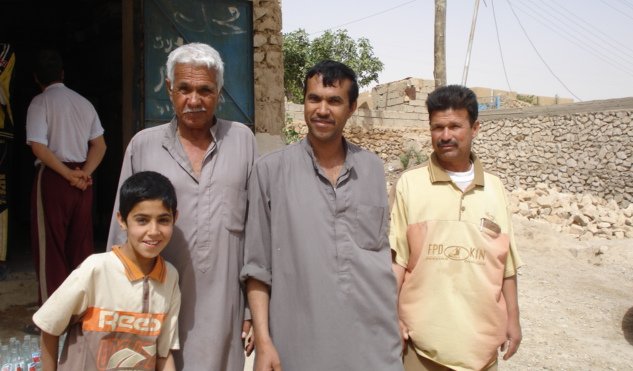
See also Victory in Iraq
A purple finger in the terrorist eye.
Elections went well in Iraq. It looks like turnout was high. The Sunnis and Shia voted in large numbers. The day was peaceful. Iraq is the most democratic country in the Arab world today, thanks to the courage of the Iraqi people and the strength & perseverance of America and our allies. We didn’t give up; we outlasted them. Saddam didn’t go quietly into that good night, but he is gone. The terrorists did not give up easily, but they were defeated.
When I volunteered to go to Iraq things were not so good. Most of the experts predicted defeat for us, chaos for Iraq and despair for the people of the Middle East. They were wrong.
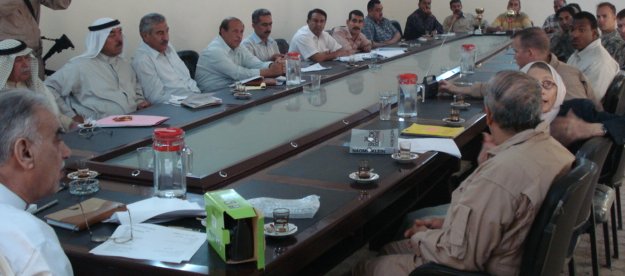
How far we have come!
I know the pseudo intellectuals will solemnly ask “what does victory mean?” I am kind of a simple guy, so let me explain it in simple terms I can understand. It seems to me that overthrowing one of the world’s worst tyrants, helping create a democracy where none existed before, defeating an extremist terrorist group in the heart of the Middle East on a battlefield of THEIR choosing, sowing confusion among our enemies and just doing what they (the defeatists around the world and the terrorists themselves) said couldn’t be done – this is victory.
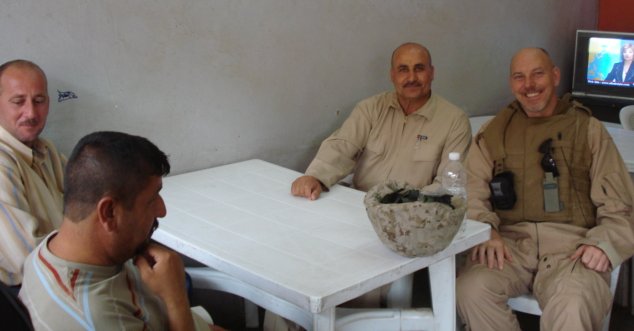
Emerson said that people’s view of the world is a confession of their characters. Some people can never be happy. If their team wins in the Superbowl tomorrow, they will just complain that it may be harder next year. It is their character flaw, their misfortune and none of my own. I pity them, but I cannot persuade them and I don’t need to let them pull me down. Today is a good day for democracy, peace and good people around the world. Despots and dictators are feeling less secure. Al Qaida and their retrograde buddies are crying in their caves. That doesn’t mean that problems have disappeared. That doesn’t mean that we have achieved an ultimate utopia, but let’s celebrate this big step in the right directions; let’s celebrate a victory.

The Iraqi people have stuck their purple fingers in the eyes of the terrorists. They are riding down to road to democracy with all its joys and challenges. Hurray for free Iraq. I congratulate all the brave Iraqis I met during my time. You did good guys and it was a privilege to be among you.
On the left are USMC shirts on sale in Iraqi shops. The US Marines were popular in Anbar by the summer of 2008 because they protected the people. I saw these in the marketplace in Hit. You would not have seen this picture in the mainstream media. Of course, with only a couple of exceptions, they were not with us walking around in the markets so they didn’t see this stuff.
Follow this link to earlier stories and pictures on Iraq.



